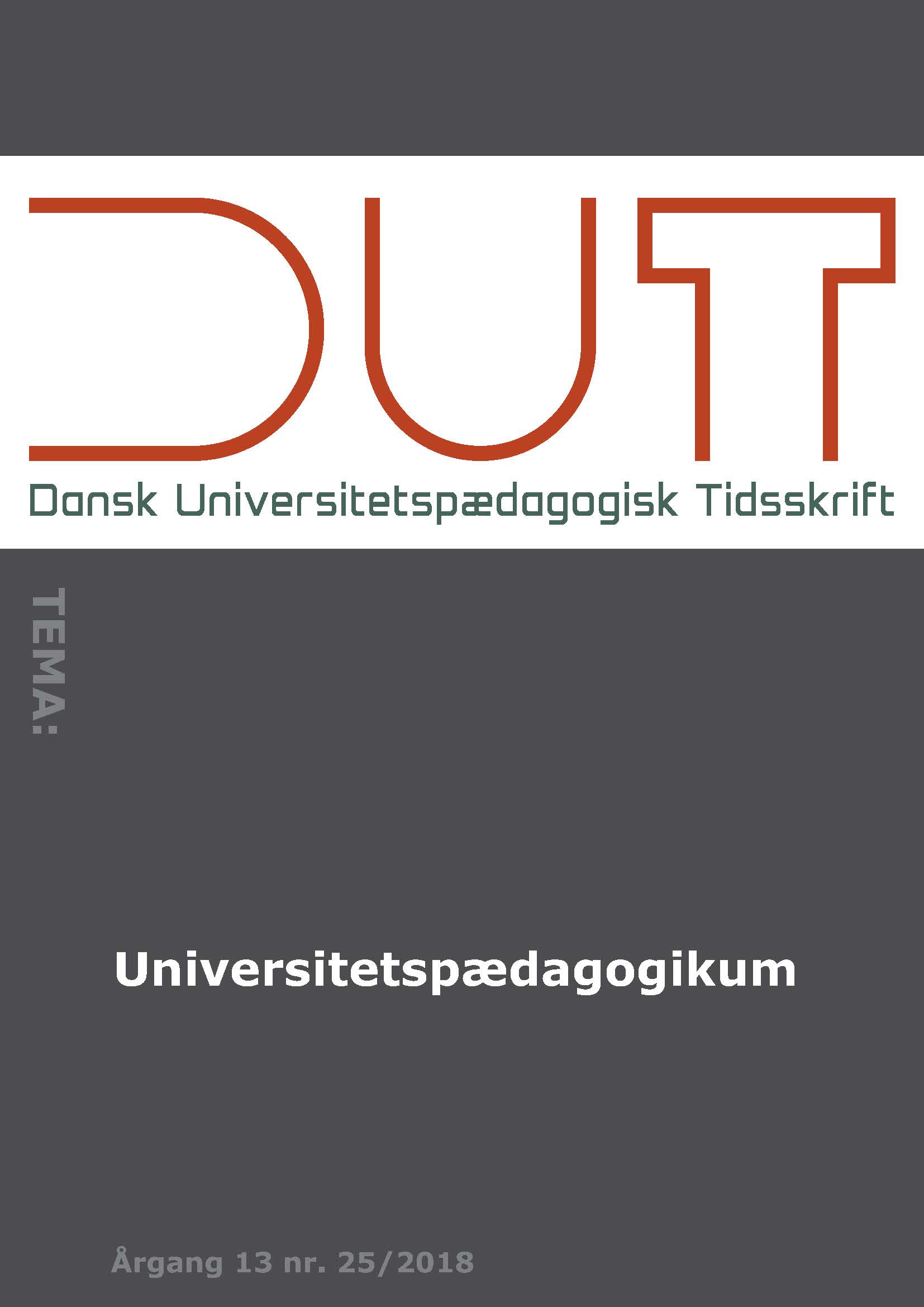Validity assumptions for a multiple-choice test of medical knowledge with open-books and web access. A known groups comparison study.
DOI:
https://doi.org/10.7146/dut.v13i25.97864Abstract
Relatively little evidence about the validity threats in open-book multiple-choice tests exist. The aim of this study was to examine validity aspects relating to gener-alization, extrapolation and decision of a multiple-choice test of medical knowledge with aids (open-book and internet access). The theoretical framework was modern validity theory, and the study was designed as a ‘known groups com-parison’ study. Test performances of three known groups of test takers hypothe-sized to have different knowledge levels of the test content were compared, and analysis of pass/fail decisions was used to examine implications of decisions based on test scores. Results indicated that it was possible to discriminate between expert and non-expert test taker groups even with the access to aids. In contrast, an inde-fensible passing score was found to be the largest potential threat to test validity. Relatively little evidence about the validity threats in open-book multiple-choice tests exist. The aim of this study was to examine validity aspects relating to gener-alization, extrapolation and decision of a multiple-choice test of medical knowledge with aids (open-book and internet access). The theoretical framework was modern validity theory, and the study was designed as a ‘known groups com-parison’ study. Test performances of three known groups of test takers hypothe-sized to have different knowledge levels of the test content were compared, and analysis of pass/fail decisions was used to examine implications of decisions based on test scores. Results indicated that it was possible to discriminate between expert and non-expert test taker groups even with the access to aids. In contrast, an inde-fensible passing score was found to be the largest potential threat to test validity.
Downloads
Published
How to Cite
Issue
Section
License
DUT udkommer elektronisk via Statsbibliotekets Open Journal System (Tidsskrift.dk) og DUNs hjemmeside (DUN-net.dk) forår og efterår. Det er gratis og frit tilgængeligt at læse og downloade artikler fra tidsskriftet.
Det er ikke muligt at abonnere på Dansk Universitetspædagogisk Tidsskrift, DUT, men hvis du er medlem af DUN, får du tilsendt en nyhedsmail med link til udgivelsen, når den nyeste udgave er online. Linket vil også være tilgængeligt her på siden, så snart tidsskriftet er publiceret.
© Copyright
Artikler publiseret i Dansk Universitetspædagogisk Tidsskrift, DUT, må bruges (downloades) og genbruges (distribueres, kopieres, citeres) til ikke-kommercielle formål med reference til forfattere og Dansk Universitetspædagogisk Tidsskrift.
Artikler indsendt til Dansk Universitetspædagogisk Tidsskrift må ikke publiseres i andre tidskrifter.
Betingelser
Artikler i Dansk Universitetspædagogisk Tidsskrift, DUT, er omfattet af ophavsretsloven, og der må citeres fra dem.
Følgende betingelser skal dog være opfyldt:
- Citatet skal være i overensstemmelse med „god skik“
- Der må kun citeres „i det omfang, som betinges af formålet“
- Ophavsmanden til teksten skal krediteres, og kilden skal angives ift. ovenstående bibliografiske oplysninger.





